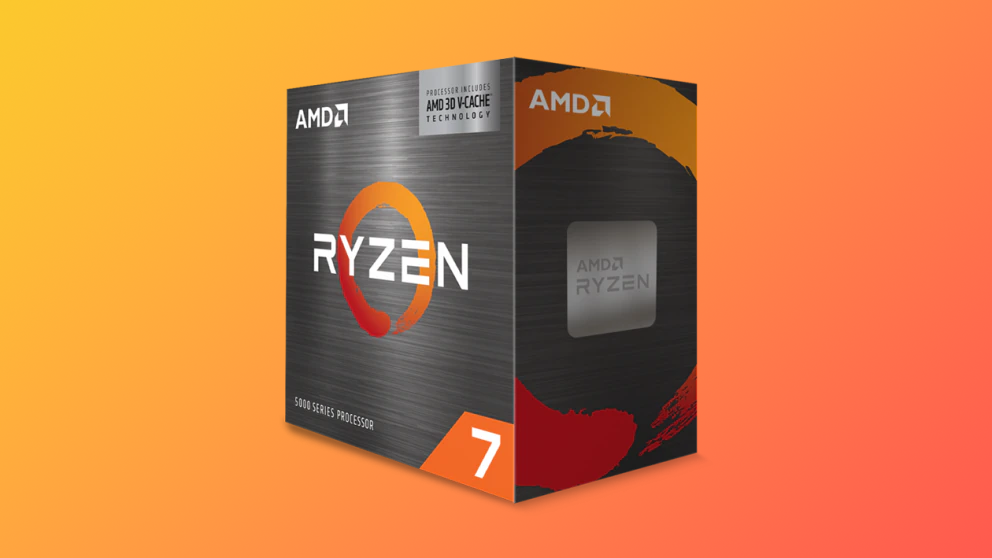Products You May Like
The Ryzen 7 5800X3D is one of AMD’s fastest gaming CPUs – and the only one on that list that runs on cheap, widely available AM4 motherboards with better value DDR4 RAM. That’s probably why the 5800X3D is reportedly AMD’s most popular CPU by sales – and it’s also why this deal is coming to the fore. Right now, you can pick up this fast AF CPU for $300 thanks to an Ebay code (JOLLY15), a hefty reduction from its launch price of $450.
So what makes this gaming CPU so fast – and how fast is it, exactly? Well, it’s all to do with its cache. Normally CPUs come with a small amount of cache, split into three levels – L1, L2 and L3. This works the same way RAM does, holding data that the CPU needs to do its calculations, but it’s way closer to the heart of the CPU – so access times are tiny, but the amount of data that can be stored at any one time is also very tiny. L1 cache is the smallest and fastest, L2 is a bit bigger and a bit slower, and L3 is again a bit bigger and a bit slower. With me so far?
So – AMD’s idea was to massively increase the size of the L3 cache so that more data could be held there at once, thereby massively speeding up operations that would otherwise need to go and retrieve that data from RAM. To do this, instead of having a single layer of cache within the CPU, they made a stack of three layers, tripling the amount of L3 cache. This takes up physical space inside the CPU and produces a bit more heat, which is why the 5800X3D is clocked slightly less agressively than the otherwise identical 5800X, but otherwise it’s essentially free performance.
The only annoying thing about this is that most but not all game see a speedup from this 3D cache design. Counter-Strike: Global Offensive, for example, doesn’t seem to hit the cache much and is much more limited by single-core speeds, so the slightly lower frquency of the 5800X3D makes it slightly slower than the 5800X overall. Likewise, most content creation workloads like 3D rendering or media transcoding are limited by multi-core speed, so again the 5800X is slightly faster.
However, most game engines do end up waiting on data to be copied from RAM to the L3 cache, so a much bigger L3 can provide a significant advantage – I saw jumps of 33% in many games during my testing for Digital Foundry, which is nuts for a CPU upgrade… and especially one in the same socket. That puts the 5800X3D amongst the the likes of the 12900K and even some of Intel’s 13th-gen parts, not to mention AMD’s Ryzen 7000 series which requires fancy (and expensive) AM5 motherboards with DDR5 RAM. So in terms of gaming performance, the 5800X3D is a bit of a value champion!
If you’ve already got an AM4 motherboard, then the 5800X3D is quite likely the best gaming CPU that you will ever be able to buy for it – so treat yourself to an upgrade while the CPU is discounted to $300!
